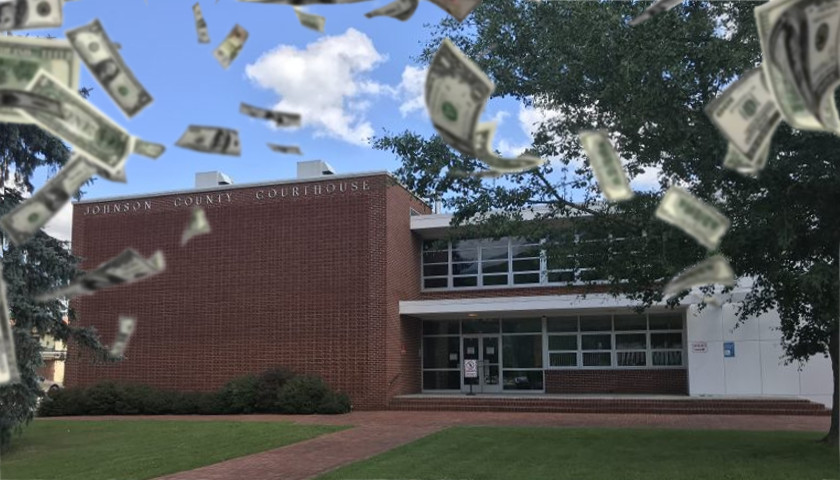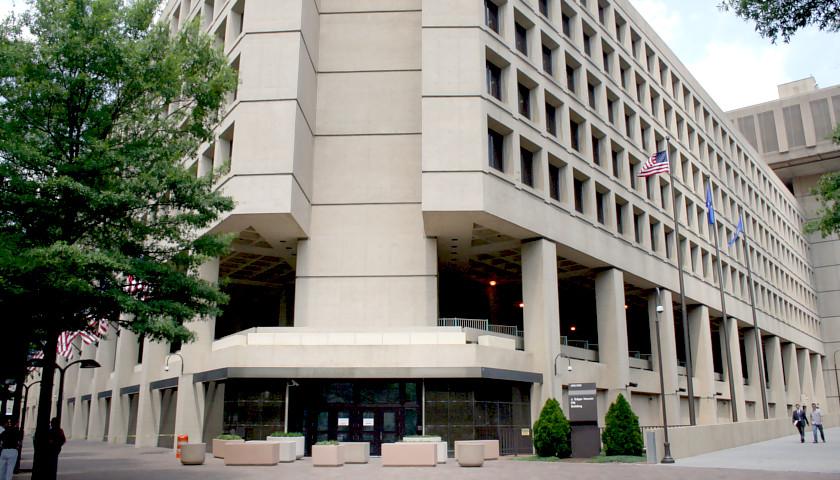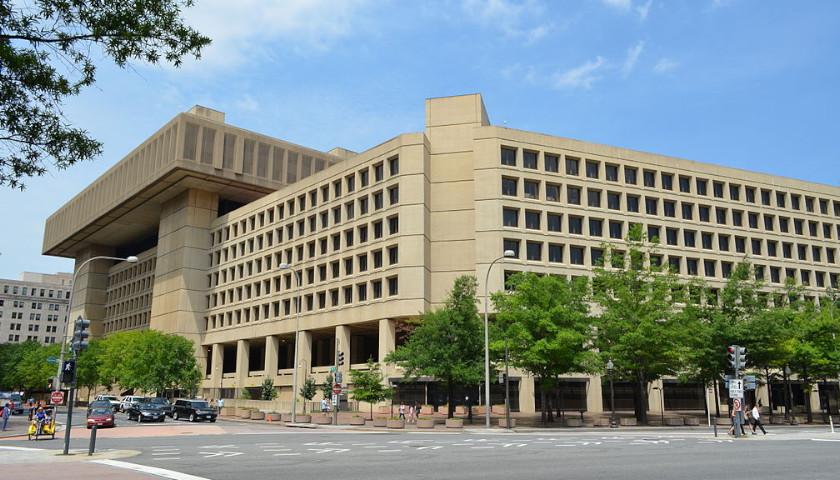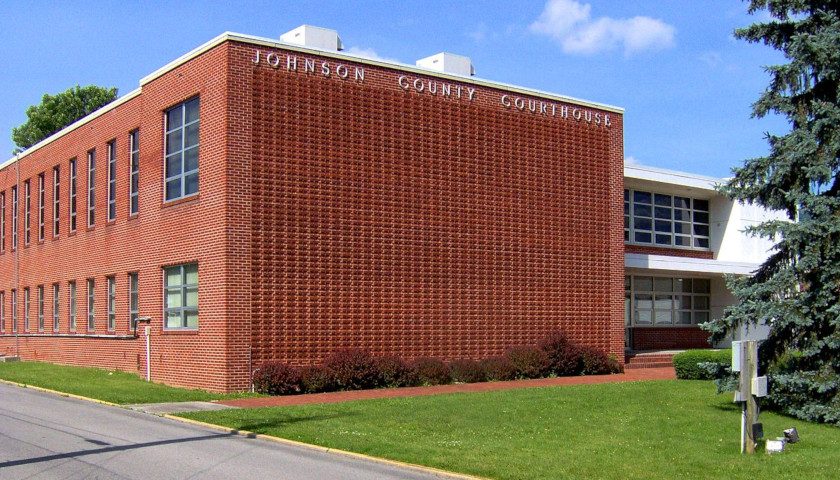A controversial tax break program, known as Greenbelt, reportedly known to help the wealthy but hurt people of more modest incomes, is the subject of an audit Tennessee Comptrollers released Thursday.
State officials enacted Greenbelt laws to help Tennesseans hold on to their farms. The Greenbelt tax breaks kick in for property owners who maintain at least 15 acres of farmland, forests or open spaces. But these tax breaks are also known to hurt other people.
According to the new audit, out of Johnson County, certain people who bought properties that already qualified for Greenbelt did not have to file new applications to continue that status — as Tennessee law requires.
“In 38 of 110 (34%) of the parcels tested, the assessor did not require new owners of property that had been previously qualified as agricultural, forest, or designated open space at the date of sale to file a new application in a timely manner to continue the agricultural (Greenbelt) classification,” according to auditors.
County assessors, auditors went on to say, must notify new owners of these properties that they cannot receive Greenbelt status unless they file an application “within 30 days of such notification together with a late fee of $50.”
Furthermore, auditors said assessors’ failure to do so “could result in the loss of county revenue if property that no longer qualifies for use value classification is assessed at the lower use rate rather than at market value.”
Johnson County Mayor Kenneth Taylor did not return repeated messages seeking comment Thursday.
As reported, former Tennessee Democratic Gov. Phil Bredesen benefitted from Greenbelt laws, which trimmed his property taxes by hundreds of thousands of dollars.
Qualifying for Greenbelt can mean hundreds or even thousands of dollars in tax savings – country music singer Wynonna Judd saved $18,000 a year in taxes on her $3.9 million, 545-acre estate in a posh enclave outside Nashville, the Commercial Appeal reported in 2012.
One critic of the tax break said it helps a few people at the expense of everyone else.
Lynnisse Roehrich-Patrick, executive director of the Tennessee Advisory Commission on Intergovernmental Relations, told Tennessee Watchdog in 2013 that Greenbelt laws significantly reduce the tax base in many counties.
“If there is less tax revenue coming from one source then more tax revenue will be needed from another person to meet the budget,” Patrick said at the time.
She also said the program forces higher property tax rates on property owners not enjoying Greenbelt valuations.
State officials created Greenbelt tax breaks in the 1970s to slow the spread of urban sprawl in Tennessee. Taxes are based on the property’s use value rather than its fair market value.
– – –
Chris Butler is an investigative journalist at The Tennessee Star. Follow Chris on Facebook. Email tips to [email protected].
Photo “Johnson County Courthouse” by Johnson County Government.








